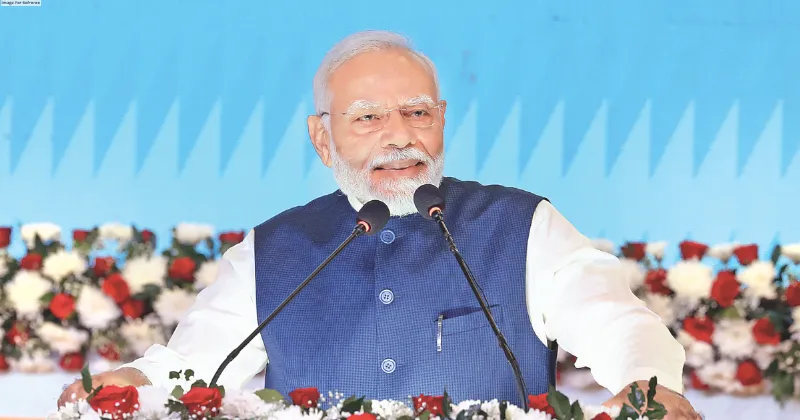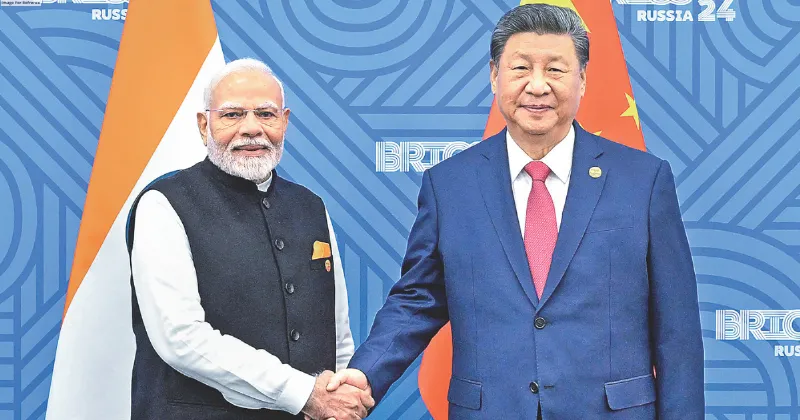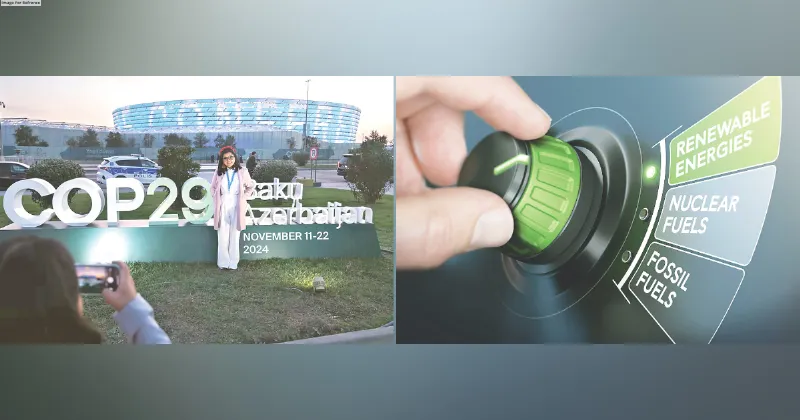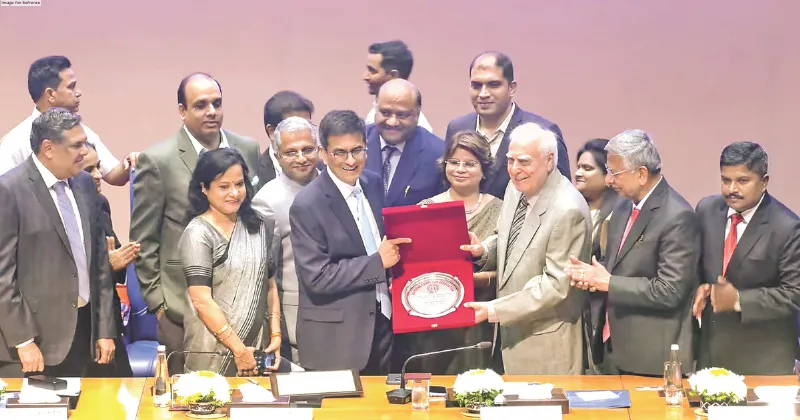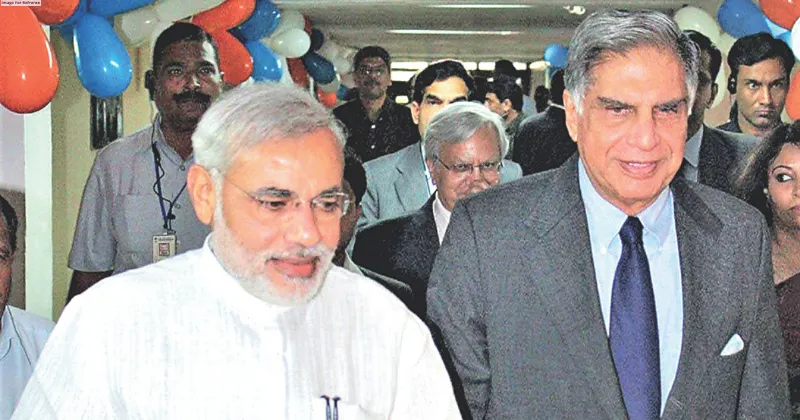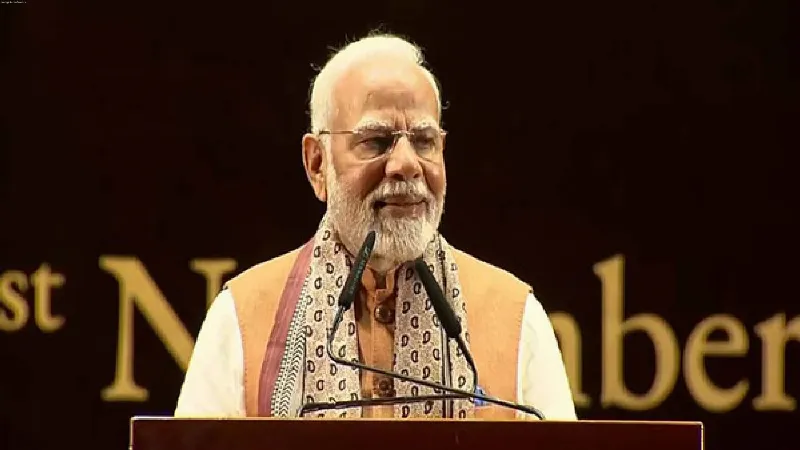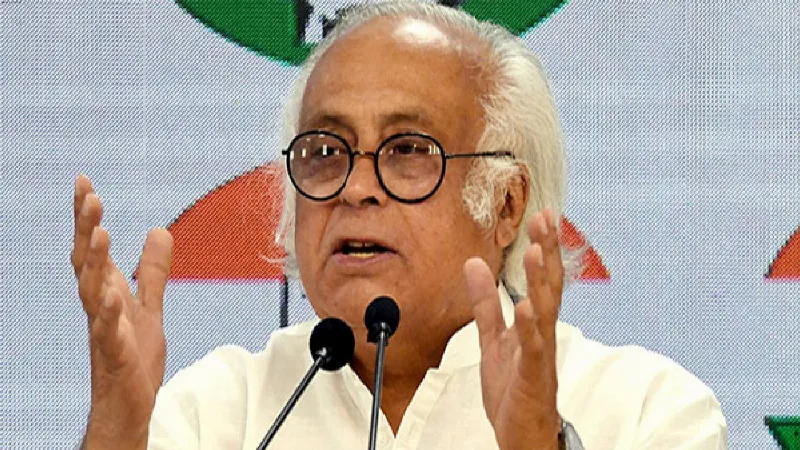Latest News
WHAT LABOUR PARTY WIN MEANS FOR TATA STEEL?
.png)
As the political landscape of the United Kingdom shifts after the Keir Starmer-led Labour Party’s landslide victory in the elections, the implications for the nation and its various sectors are profound and multifaceted.
Labour’s industrial strategy typically emphasizes support for manufacturing industries, renewable energy, and technology sectors. This could lead to initiatives promoting innovation, job creation, and sustainable economic growth. However, businesses may face higher taxes, increased regulation, and pressure to meet stringent environmental standards. For industries like manufacturing, including steel production as exemplified by Tata Steel, UK’s largest steel manufacturer. There may be incentives to adopt greener technologies and practices to mitigate environmental impact and comply with new regulations.
BONE OF CONTENTION
Tata Steel had agreed with the outgoing Conservative government under Rishi Sunak to construct a more environmentally friendly and economically feasible electric arc furnace, capable of handling 3 million tonnes, with a £1.25 billion investment that includes a £500 million government grant.
However, the signing of the grant funding agreement was delayed due to the UK’s general election. The Labour party has pledged greater support for the UK steel industry but has not detailed a specific strategy for Tata Steel’s transformation plan, stating only that there are opportunities for an improved agreement.
STRICTER EMISSIONS TARGETS
One of Labour’s flagship policies revolves around ambitious climate action. Expectations include stricter emissions targets, investments in renewable energy, and policies promoting sustainable practices across sectors. For energy-intensive industries like steel production, this could mean significant adjustments in operations to reduce carbon footprint and embrace cleaner technologies. Initiatives such as carbon pricing and incentives for carbon capture and storage (CCS) may become central to Labour’s environmental agenda, influencing the competitiveness and sustainability strategies of companies like Tata Steel.
A Labour government would likely prioritize aggressive measures to combat climate change. This could entail stricter regulations on carbon emissions and targets for reducing greenhouse gases. For Tata Steel’s carbon furnace, which is a significant emitter of CO2 in its production processes, this could mean increased pressure to adopt cleaner technologies or face stringent carbon taxes and emission caps. Labour’s policies might incentivize or mandate the adoption of carbon capture and storage (CCS) technologies, which could be costly but necessary to meet regulatory requirements.
SUCCESS MANTRA
The success of Tata Steel’s new furnace hinges not only on corporate foresight but also on supportive government policies and collaborative efforts with industry stakeholders. Partnership with regulatory bodies to navigate permitting and compliance processes, as well as engagement with local communities to ensure sustainable development, will be essential. Government incentives and initiatives promoting industrial growth and innovation could further catalyze Tata Steel’s expansion efforts.
Furthermore, Labour’s industrial strategy often focuses on promoting sustainable practices and green technologies. This could lead to government support or funding for research and development of alternative processes to reduce carbon intensity in steel production. Initiatives such as investing in hydrogen-based steelmaking, which produces water vapour instead of CO2, could be encouraged. However, transitioning to such technologies would require substantial investment and time, potentially impacting Tata Steel’s financial planning and operational strategies.
SHAPING MARKET CONDITIONS
Labour’s stance on international trade and economic policies could also influence Tata Steel’s carbon furnace operations. The party’s approach to tariffs, trade agreements, and competitiveness could shape market conditions for Tata Steel’s products and affect decisions regarding domestic production versus imports.
While a Labour Party victory signals a strong commitment to environmental sustainability and industrial transformation, it also poses challenges for Tata Steel’s carbon furnace operations. The company would need to navigate new regulatory landscapes, invest in cleaner technologies, and adapt its strategies to align with Labour’s environmental and industrial policies. Balancing environmental responsibilities with economic viability would be crucial for Tata Steel under a Labour government, requiring strategic planning and possibly significant operational changes.
THE VIEWS EXPRESSED BY THE AUTHOR ARE PERSONAL
Mohd Fahad The author is Content Strategist at Jaipur Rugs and alumnus of MCRC, Jamia Millia Islamia

